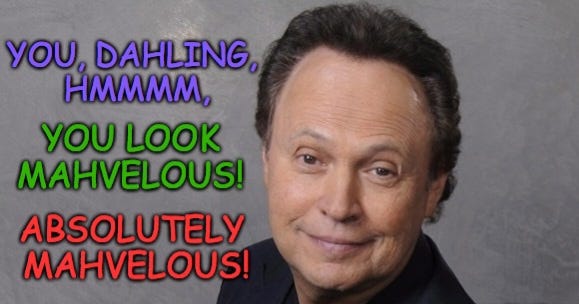Below is a glossary, a tad idiosyncratic, that I employ to bridge various idioms to my own vague phenomenological heuristic. I say vague because I bracket root metaphors like substance, process & societies and remain open to various systematic accounts, even though inclining toward an emergent monism, tehomic panentheism, sophianic accounts and others of the Ex Deo ilk.
With an emphasis on theosis, I aspire to lay claim (with some modicum of rigor) to humanity’s divinity.
TheoAnthropological Rubrics
To be deific is to be an entity in pure act, i.e. to be simply divine!
To be divine is to manifest Goodness via begetting, procession or multiplication, variously exemplifying or signifying it.
To be embodied is to be an entity in act. Angelic & human persons are embodied and in infinite potency to the divine.
The acts of embodied entities have both material (efficiently causal, e.g. the will) and immaterial (formally causal, e.g. the intellect) aspects (integrally intertwined). Both angelic & incorporeal human persons have material & immaterial aspects.
To be corporeal (e.g. a live human person) is to be an embodied entity acting physically.
Corporeal entities can be inanimate or animate.
Animate entities are agential and act, ententionally, in constrained ways relative to specific realities they may lack, absentials.
Rational agents (e.g. human persons) can act both ententionally & intentionally relative to specific realities they may lack, absentials.
Agents refer, therefore, to embodied antinomies or both ententional-absential as well as intentional-absential dynamical aboutnesses.
Our personal aboutnesses refer to constitutive absences.
Paramount, then, in a Bulgakovian sense, “I”s are constituted by “Thous”! and are thus mahvelous!
I developed the above rubrics from diverse sources including Terry Deacon’s Incomplete Nature, Eleonore Stump’s & Scotus’ understandings of will & intellect, Bulgakov’s embodied antinomies, various conceptions regarding universal & pneumatic hylomorphisms and my Peircean inspired modal ontology. Taken together, these don’t pretend to provide an explanatory account but do offer us a robustly exploratory heuristic.
Joseph Bracken’s challenge to Deacon remains apposite, also, to my entire rubric:
In Bracken’s article, Is Terrence Deacon’s Metaphysics of Incompleteness Still Incomplete?, American Journal of Theology and Philosophy 38 (2-3):138-151 (2017)
Fr. Bracken probes:
For, as Deacon makes clear in Incomplete Nature, "being alive does not merely consist in being composed in a particular way. It consists in changing in a particular way" (175). An Aristotelian substantial form is basically fixed in its mode of operation. It is thus ill suited to be the governing principle in an evolving life-system in which the mode of operation of the system keeps evolving in the direction of greater order and complexity. But is it enough to claim that the "constitutive absence" of a substantial form to govern its mode of operation suffices to explain from a philosophical perspective how the life-system continues to evolve in an orderly manner? Deacon's appeal to the notion of mutual constraint as the way that the components of a given system dynamically interrelate is simply a description of what happens, not of why it happens.
To Bracken’s point, then, whether one inclines toward a panpsychism or nonreductive physicalism, neither precludes a putative universal divine presence in divinely indwelled shadows, vestiges & imagoes Dei, whose divine indwelling is to our intellects & wills as form to matter!
This post is a follow to TheoAnthropology per the Woodsian Entitative, Scotistic Hylomorphic & Maximian Modal Ontological —-Heuristics of Angels Dancing, People Dying & such





